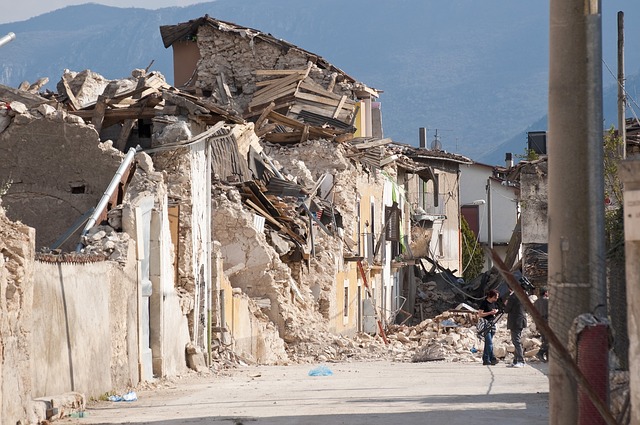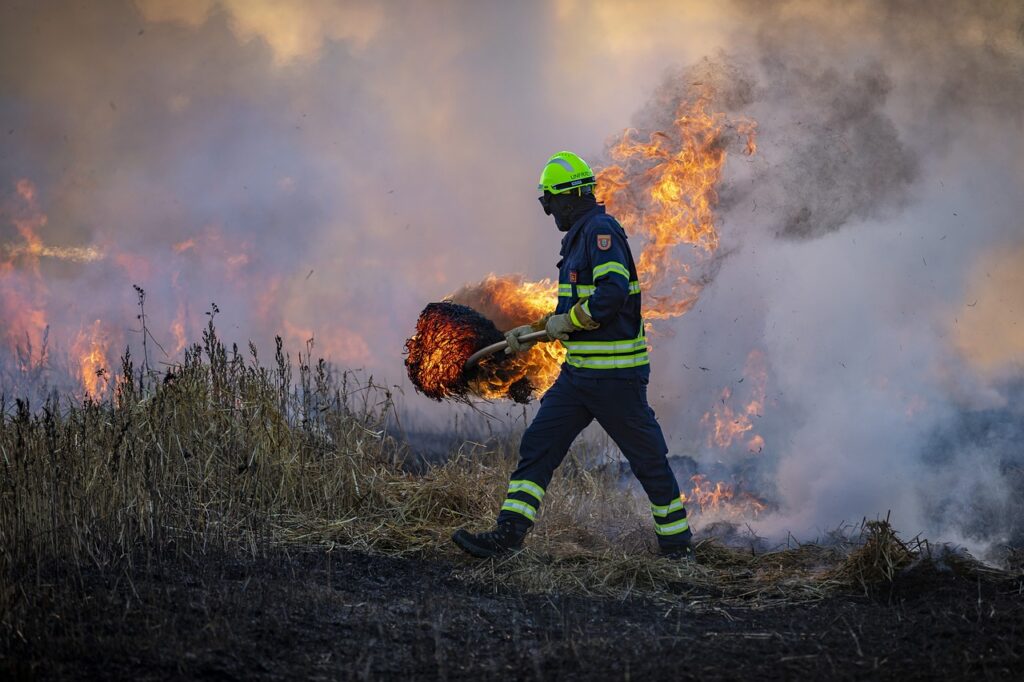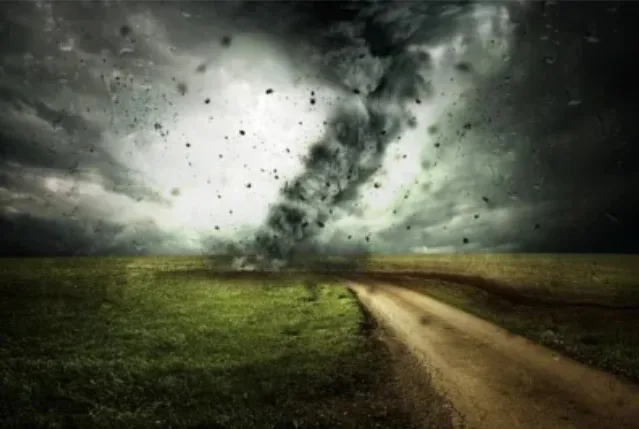Natural disasters can strike unexpectedly, leaving individuals and communities devastated in their wake. Whether it is an earthquake, hurricane, flood, or wildfire, it is crucial that people know how to prepare and respond to these events. This guide will provide detailed instructions on what to do in the event of a natural disaster and how to prepare for these emergencies.
Preparing for a Natural Disaster
One of the most critical steps to prepare for a natural disaster is to create an emergency kit and evacuation plan. Here is a list of items that should be a part of your kit:
- Water – at least one gallon per person per day for at least three days.
- Non-perishable food that can last at least three days, such as canned goods, protein bars, peanut butter, and crackers.
- A first aid kit that includes bandages, antiseptic, gauze, and any necessary medication.
- A radio and extra batteries that can receive local news and emergency alerts.
- A multi-purpose tool, flashlight, and extra batteries.
- Basic hygiene items such as toilet paper, soap, toothbrushes, and toothpaste.
- Copies of essential documents, such as identification papers, insurance papers, and medical records.
- A map of the local area and important contact information.
- Emergency blankets or sleeping bags to keep warm.
You should also have a clear evacuation plan in place. This plan should include knowing the route to your emergency shelters, understanding where the nearest hospitals or medical facilities are located, and having a designated meeting spot for your family or friends.

Earthquakes
Earthquakes can strike without warning, causing massive destruction and injury. Here are some tips on what to do during an earthquake:
- Drop, cover, and hold on to something sturdy such as a table or desk.
- Try to stay away from windows, mirrors, or any other objects that could shatter and cause injury.
- Move away from any bookshelves, cabinets, or other objects that could fall on top of you.
- Stay indoors until the shaking stops and keep your radio on to hear any updates or emergency alerts.
- Stay away from any downed power lines or objects that could be dangerous, such as broken gas pipes.
Hurricanes
Hurricanes are massive storms that can cause widespread flooding, power outages, and property damage. Here are some tips on what to do during a hurricane:
- Stay indoors and away from any windows or doors that could be damaged during the storm.
- Listen to the radio or television news source for emergency updates and alerts.
- Avoid driving through floodwaters or on flooded roads.
- If you are told to evacuate, make sure to follow the instructions of emergency personnel and take your emergency kit with you.
- If you need to leave your house, turn off all your appliances, water, and gas before leaving.

Wildfires
Wildfires can spread quickly and cause massive destruction to property and loss of life. Here are some tips on what to do during a wildfire:
- Turn on your television or radio to get the latest wildfire updates and alerts.
- If you are told to evacuate, follow the instructions carefully and if possible, take your emergency kit with you.
- If you are in your house, keep all doors and windows closed to prevent smoke inhalation.
- Stay away from any downed power lines or objects that could be dangerous, such as broken gas pipes.
- Don’t use your car unless it is necessary, as heavy traffic can cause problems for emergency personnel trying to get through.
Resources for Further Information and Support
The Federal Emergency Management Agency (FEMA) is a great resource for more information on natural disasters and emergency preparedness. You can visit their website (www.ready.gov) for detailed information on how to prepare and respond during a natural disaster.
Another useful resource for information and support in your local area is the Red Cross. Visit their website (www.redcross.org) to get information on emergency shelters and disaster relief initiatives.
In conclusion, natural disasters can be devastating, but with proper planning and preparation, individuals and communities can minimize the risks and stay safe. By creating an emergency kit, knowing how to respond during different types of natural disasters, and accessing useful resources, you can protect yourself and your loved ones during these emergencies. Stay safe and be prepared!
And above all Pray!
🙏
*Another resource

